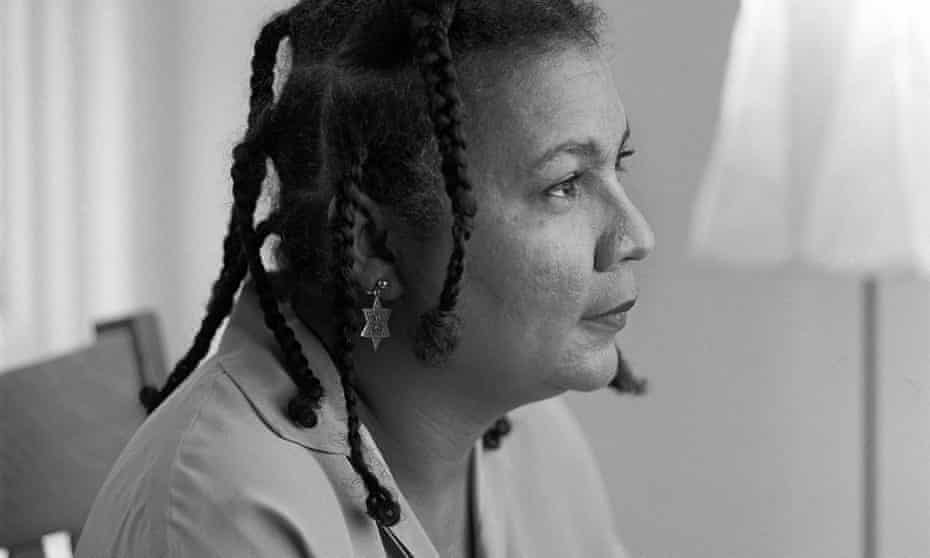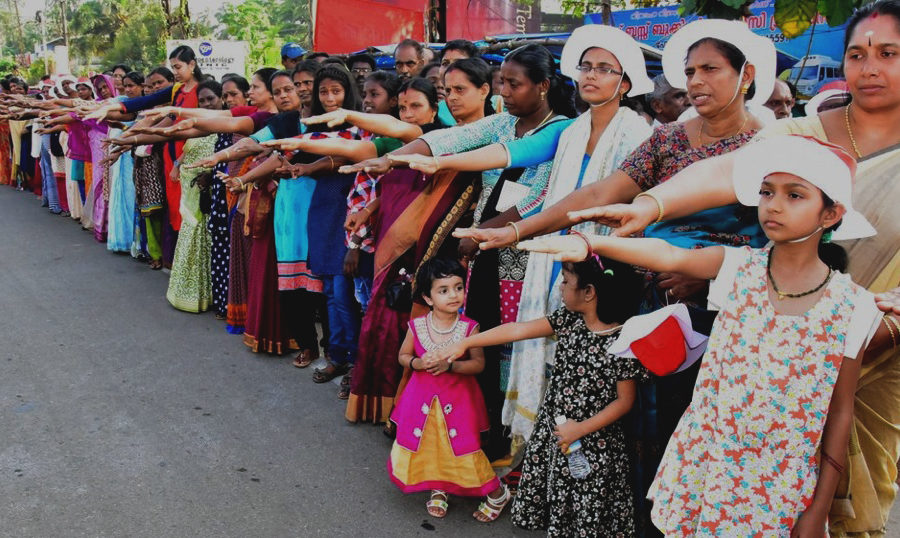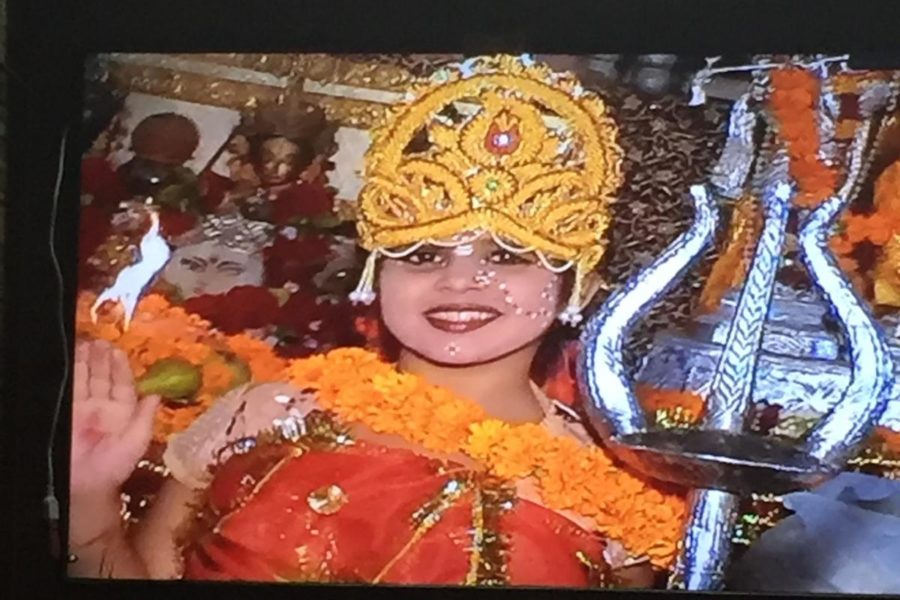bell hooks’ influential All About Love has become somewhat of a handbook for many since its publication in 2000 as we try and understand the ever-perplexing subject of love. With each chapter hooks dissects a different aspect of love, spanning from personal romance to political justice. Her text, thereby, embodies the now highly popularised, originally feminist concept that the personal is always political.

Love of Community: bell hooks’ continuing resonance
“We all long for loving community. It enhances life’s joy.”
Due to the multitude of aspects that hooks unpacks, I’ve found discussing the book with friends that everyone holds on to a different element – her political discourse has the powerful ability to expose collective feelings that prior to reading feel highly individualised experiences.
‘To sustain our fantasy, we substitute romance for love’
The tenth chapter entitled ‘Romance: Sweet Love’ often sparks the most conversation as this is the type of love we perhaps feel most comfortable discussing. This comfortability may arise from romantic love being the most confusing for many of us, but crucially this type of love is also what we’re most exposed to through media consumption– what hooks calls ‘romantic lore’. This lore has continued and prevailed since the text’s publication – arguably being more saturated and accessible in alignment with our heightened consumption of such material.
Over the course of the chapter, she deconstructs popularised language and concepts of this ‘lore’ that can colour our perceptions of our own personal experiences. For example, the peculiarity of the phrase ‘falling in love’ that implies both fear and confusion, a feeling of being truly out of control. This takes away a sense of responsibility of the people ‘falling’ and the perpetuation of this idea makes romantic love a scary unknown. hooks alternatively asserts that a conscious choosing to love may in fact be far more genuine even if the spontaneous idea of ‘falling’ holds an exciting mystery.
‘There is no better place to learn the art of loving than in community’
‘Community: Loving Communion’ is the chapter that has resonated with me the most since I first read this book. Capitalist and patriarchal structures can create and perpetuate conventional ideas of love, such as the nuclear family. There is no denying that regardless of these pervasive structures, such institutions can give us love. However, collective love is not limited to this, as ideas of ‘extended kin’ can be just as or more beneficial to personal fulfilment.
Community is the embodiment of this wider feeling of love – whether that be communities of friends or more politically organised environments. A feeling of shared empathy and projects towards a shared political goal, such as the black liberation struggle that hooks comes from, emit the art of loving. Historically, this empathy is explicitly evident in communities of marginalisation: for people where the dominating structures do not serve loving interests, love has to be found in the collective interest. Joining local organisations, unions and groups is essential to community though hooks makes clear that smaller personal interactions with the people around us are just as crucial – ‘just by speaking to a stranger, acknowledging their presence on the planet, we make a connection’.
“Love will not prevail in any situation where one party wants to maintain control.”
The ideas that hooks so bravely delves into have resonance today due to the universal human emotional turmoil that they make sense of, but perhaps more lasting is the frameworks by which these our unpacked. Forces of gendered labour distribution and racial politics, hooks asserts, directly impact our experience with love. For example, the emotional labour of architecting romance can far too often fall on women in heterosexual relationships, when romance is thought of as a project. As long as dominating structures govern our world, they also govern our personal interactions – including acts of loving.
The bombardment of romantic ‘lore’ can forcefully detach political frameworks from individual emotion, allowing for the power-structures to be removed from emotional accountability. This interdependence of political force can be scary, as we are left out of control, however an acknowledgment of these feelings as beyond our control also has the ability to be freeing. These understandings that hooks so aptly provides can, as they have for so many, relieve the perplexing nature of love, guiding us to digest and navigate its complexities.




Leave a Comment